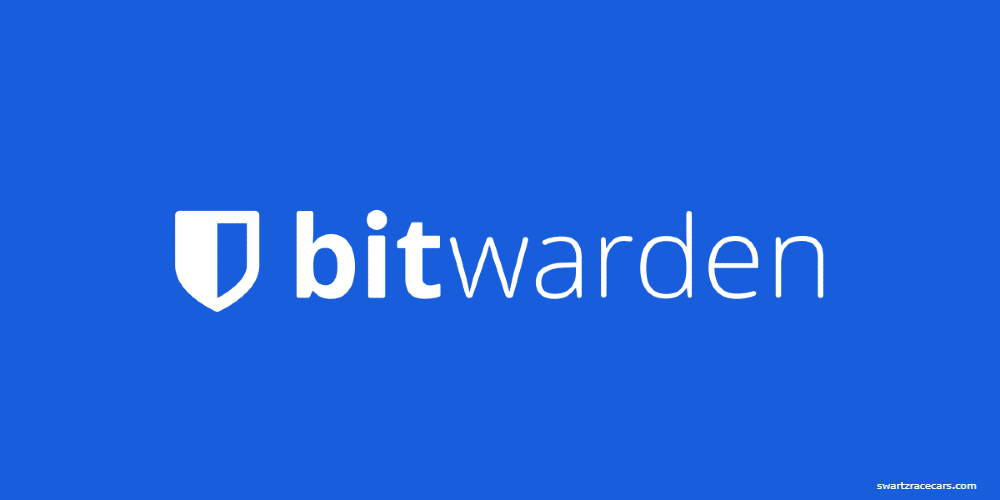Bitwarden Introduces Passkey Authentication for Hassle-Free Logins
2025-01-13

Bitwarden recently revealed an update to its browser extension, which now supports passkey authentication—a step towards a password-free future. This latest enhancement was announced on Tuesday by the cybersecurity firm based in Santa Barbara, California. Initially, this function is confined to browser extensions, with the assurance that subsequent updates will broaden its reach to desktop and mobile applications, along with the ability to import and export passkeys.
A demonstration video released by Bitwarden earlier illustrates how users can create a new account on a website, choose the passkey option, and have Bitwarden's extension store the passkey. When the user returns to the site, the extension uses the passkey for login purposes, bypassing the traditional saved username and password.
Passkeys promise a fusion of robust security with user convenience. This cryptographic tool is adept at thwarting phishing attempts and does not store login credentials on an external server, which could potentially be compromised during a data breach. Instead, the private key is securely contained on the user's device. Password managers like Bitwarden ensure these keys can be safely synced across various devices through end-to-end encryption, requiring biometric authorization such as a fingerprint or facial recognition for each access.
Bitwarden joins the ranks of password managers like 1Password and Dashlane, which have already adopted passkey support, albeit with platform-specific requirements like Apple's iOS 17 and iPadOS 17 or Google's Android 14. Meanwhile, Apple and Google's native password management tools also support passkeys.
A noteworthy aspect of Bitwarden lies in its expansive cross-platform capabilities available in the free version, earning it top recommendations from editors in the arena of no-cost password management solutions. Beyond the complimentary offerings, Bitwarden proposes a Premium service at $10 annually and a Families plan for $40 per year, each introducing additional layers of security such as encrypted file storage and alerts for vulnerable or repeated password usage.








